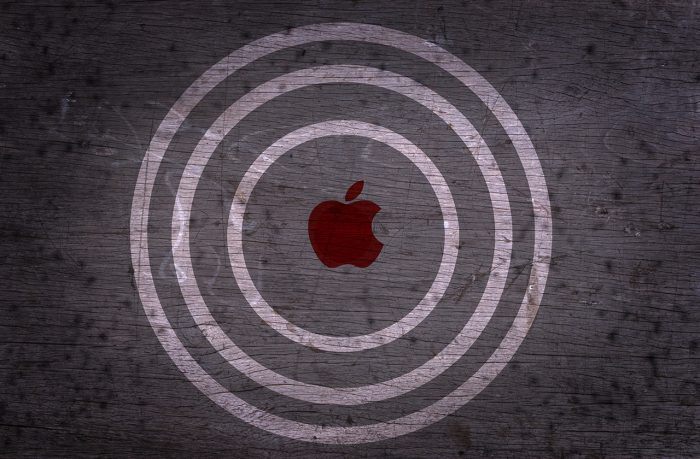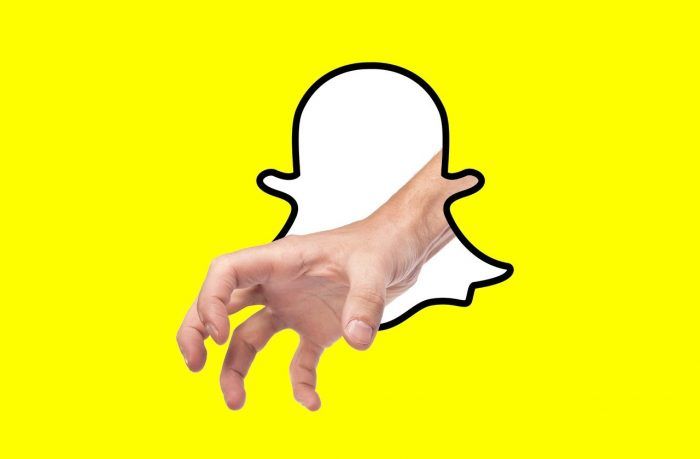
Vulnerabilities in the iPhone
Apple iPhone users tend to think their device is absolutely secure. We will take you through several types of attacks which usually target Apple’s smartphones.
252 articles

Apple iPhone users tend to think their device is absolutely secure. We will take you through several types of attacks which usually target Apple’s smartphones.

A pirate app store that has tricked Apple and passed its code review is now stealing user’s credentials using FairPlay Man-in-the Middle attack.

What happens when real cyber experts head to TV to stop cybercrime?

Does your use of social media make you a liability to your company?

A look at the evolution of mobile threats in 2015 and some predictions for 2016

Over the weekend, Snapchat was compromised via a phishing email pretending to be from company CEO.

Tax season means that more folks than the IRS are after your money.

Kaspersky Lab discovered a new banking trojan called Asacub, which had evolved from a simple phishing program into a nearly ultimate threat.

Late in December, the term “whaling” mildly spiked in cybersecurity-related media outlets. The term isn’t exactly new, but it isn’t encountered as often as “phishing”.

There are some interesting findings in our Q3 spam report.

Sometimes even cybercriminals go fishing. They hunt for a special goldfish — our personal data. So, what can you do to protect yourself from phishing?

Nearly every person has ever faced a cyber criminal’s activity; many have become victims of banking frauds. So, how does it happen?

Kaspersky Lab recently launched an online quiz “Are you cyber-savvy”, and the first results are in. While oriented towards end-users, this quiz’s results may serve as another alert for businesses, especially those that are online-based.

Cyber-literate users possesses a variety of good habits, which protect them online and offline. What are these traits?

Don’t be a slowpoke, follow Dr. House’s rule: everybody lies, especially on the Internet.

Top-level IT security pros believe there’s a significant, unaddressed gap between enterprise security priorities and the serious threats that keep them awake at night.

Cybercriminals often pretend to be nice and amiable. Here are a few rules how not to become a victim of these malicious folks.

In Q1 of 2015, the amount of spam in the world’s email traffic is less than it was a few years ago, but still too high. Junk mail goes from annoying to dangerous when infected by cybercriminals.

Facebook attracts a lot of cyber-criminals. Kaspersky Lab partnered with Facebook to protect you from these cyber-criminals.

The web service for secure password storage, LastPass, asks users to change their passwords ASAP.